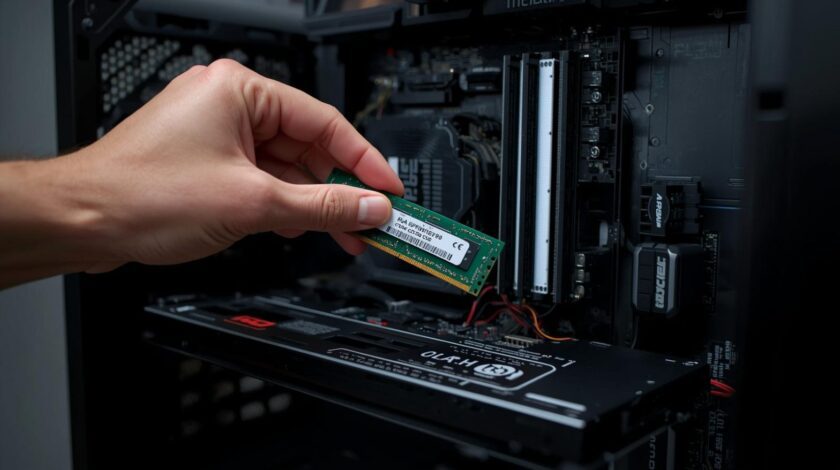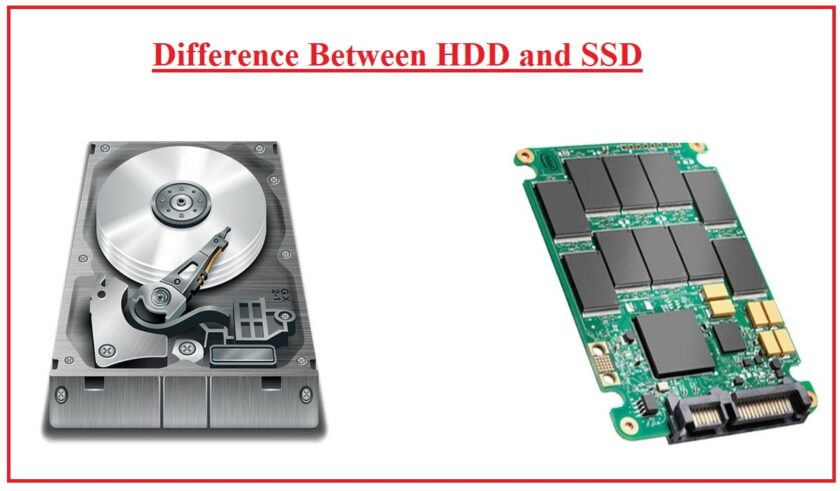How to Protect Your Computer from Viruses and Malware
Viruses and malware don’t just slow down your computer — they can steal your data, damage files, and even compromise your online security. The good news is, with the right habits and tools, you can keep your system safe.
1. Install Reliable Antivirus Software
Your first line of defense is a trusted antivirus program. Windows users can rely on Microsoft Defender, while free tools like Avast or AVG also work well. For extra features, consider paid solutions like Bitdefender or Kaspersky.
2. Keep Your System and Apps Updated
Hackers exploit outdated software. Enable automatic updates for Windows, macOS, browsers, and applications to patch security holes before attackers find them.
3. Use a Firewall
A firewall monitors traffic between your computer and the internet, blocking suspicious connections. Windows and macOS come with built-in firewalls — just make sure they’re enabled.
4. Be Careful with Email and Links
Most malware infections come from phishing emails or fake websites. Never click suspicious links or download attachments from unknown senders. Always check the email address carefully — scammers often mimic real brands.
5. Avoid Pirated Software and Cracks
Free downloads from shady sites often come bundled with hidden malware. Stick to official sources like Microsoft Store, Google Play, or trusted websites.
6. Use Strong, Unique Passwords
Weak or reused passwords make it easy for attackers to break into your accounts. Use a password manager like Bitwarden or LastPass to generate and store strong credentials.
7. Enable Multi-Factor Authentication (MFA)
Even if hackers steal your password, MFA (like receiving a code on your phone) adds an extra security step to keep accounts safe.
8. Back Up Your Data Regularly
If malware strikes, especially ransomware, you can lose everything. Keep backups on an external drive or cloud service like Google Drive, OneDrive, or Dropbox.
9. Browse Safely
Stick to HTTPS websites, avoid clicking random ads, and don’t install browser extensions you don’t trust.
10. Run Regular Scans
Even if your antivirus runs in real-time, schedule weekly scans to catch anything hiding in your system.
✅ Final Tip: Cybercriminals thrive on carelessness. Stay alert, practice safe browsing, and keep your system updated — prevention is always cheaper and easier than fixing an infected computer.






